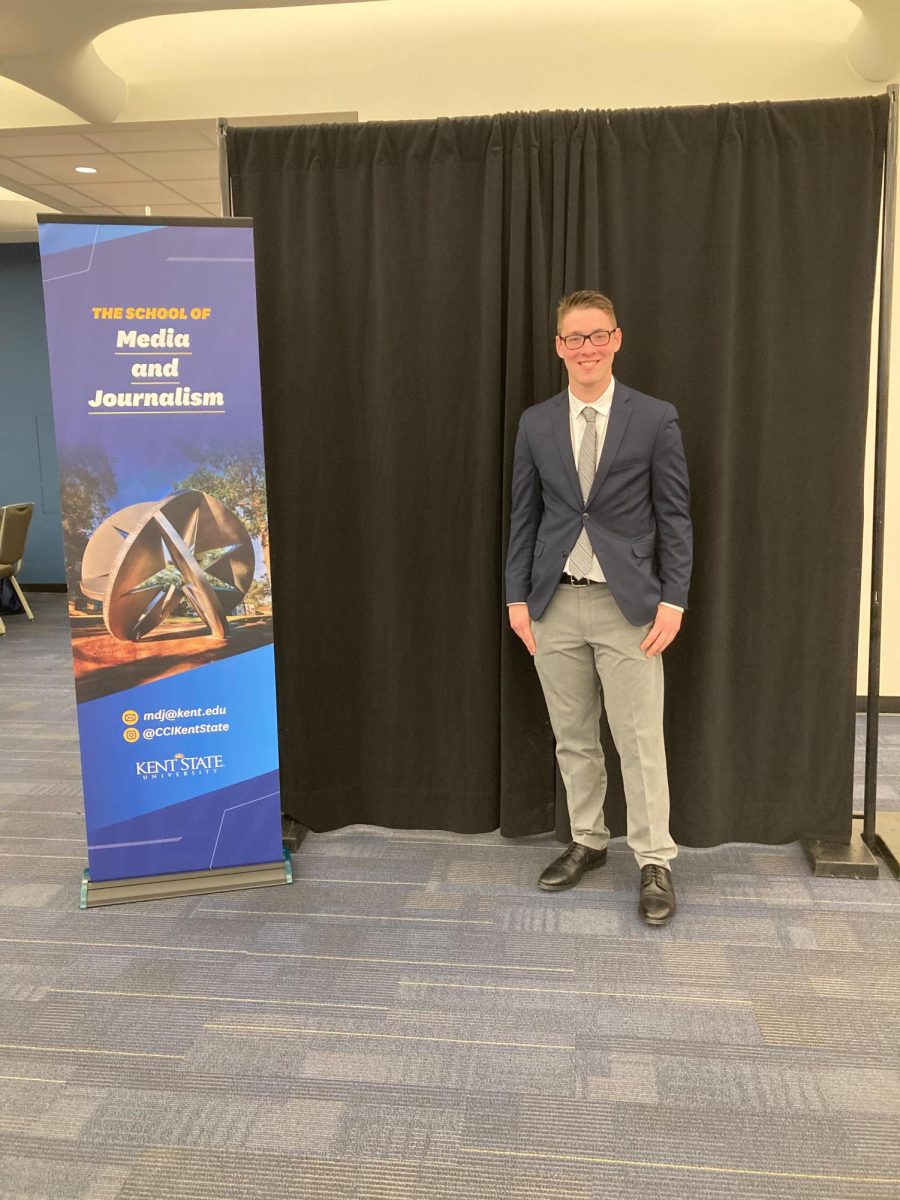With finals week around the corner, faculty members are busy at work preparing their students for success. Finals week is a stressful time for students, however, instructors are under an equal amount of pressure to help students pass.
Beverly Reed, a professor and course coordinator in the mathematical sciences department, said she prepares herself for the week ahead by calculating all the grades up to the final exam for each student and lets the students know how well they are doing in her course.
“I get my grades all set up for the final exam,” Reed said. “Everything is caught up before finals. And so for students, I make that available to them.”
In addition, Reed said she ensures she is staying active and recharging to help manage the stress of the week.
“I am an active person anyway,” Reed said. “So I make sure that during finals week I continue to either bike or hike. I try to get enough rest and eat right.”
Michael Ellis, a professor and chair of the department of economics, carefully plans out what material is being discussed in class in the days leading up to the exam.
“I do spend more time monitoring what I’m covering every day and making sure I finish all the material in time so that the students are ready for the exam,” Ellis said.
In addition to having a strategic plan for the classroom, Ellis also provides students with study guides and reviews content they may be struggling with.
“I do a study guide,” Ellis said. “I ask them, ‘Is there any topic that’s more difficult for them?’ and go over the homework problems [that] are relevant for that review, and then I’ll also post [lectures] on anything.”
Jennifer Hedges, a graduate teaching fellow in the English department, said her preparation for the busy week is to keep everything in order.
“I try to keep staying as organized as possible,” Hedges said. “Just because I know if I put in the work now to stay organized, then it’s easier in the future.”
In order to set students up for success, Hedges emphasizes the importance of being ready the very first day of class.
“I try to prepare them for the final on the very first day of the semester,” Hedges said. “So everything we do is scaffolded; one assignment goes into the other.”
Reed, on the other hand, said she conducts additional study times for not only the final but for each exam she holds.
“I always offer study sessions,” Reed said. “I make sure that the students know exactly where they stand in my course and we talk about what grade they need to get.”
In order to keep students engaged in the classroom during this time, Reed said she does a “flipped grading” technique, where, if students apply themselves and do well even if something did not go in their favor, Reed will count the final exam as a higher weight and weigh everything else lower.
Ellis said he does his best to make content as interesting as possible so students stay interacting with the material. He said he believes that if students find something meaningful, they will “put in the work.”
Hedges said what she finds most fulfilling about her role is the opportunity to watch her past students become who they are growing into.
“[The] best part about being an instructor is when we can connect after the semester ends,” Hedges said. “To see how they’re progressing academically and how much they value learning and knowledge, and I just think that’s great.”
MinJee Yoo is a reporter. Contact her at [email protected].



